Sweden’s bold shift toward sustainable transportation has reached a pivotal milestone, with domestic flight bookings plummeting by nearly 40% since the government implemented its controversial "Train First" policy. The initiative, designed to prioritize rail travel over short-haul air routes, has sparked both applause and backlash, reshaping how Swedes traverse their elongated landscape. What began as an environmental gambit is now revealing unexpected economic and social ripple effects—some foreseen, others catching even policymakers off guard.
The policy, enacted eighteen months ago, imposes stricter carbon taxation on domestic flights while funneling subsidies into overnight train services and high-speed rail upgrades. Simultaneously, airlines face operational curfews and slot restrictions at major hubs like Arlanda and Landvetter airports. “We’re not banning flights,” clarified Climate Minister Klara Södergren at a press conference, “but the math must reflect the true cost of emissions. If you choose to fly Stockholm-Gothenburg, you’ll pay what that journey actually costs the planet.” The statement, while scientifically sound, ignited fury among regional business communities and sparked viral hashtags like #Flygskam (flight shame) 2.0.
Swedish Railways (SJ) reports a 217% surge in premium sleeper cabin bookings, with new routes mimicking former flight paths. The 12-hour Stockholm-Kiruna night train, once a budget backpacker’s ordeal, now features Nordic-designed pods with sauna access and locally sourced three-course meals. Yet congestion plagues the system. “Our Malmö-Copenhagen corridor runs at 98% capacity,” admits SJ CEO Erik Lundqvist. “We’re adding carriages, but demand outpaces supply.” Commuters complain of standing-room-only conditions, while airlines quietly reintroduce “luxury shuttle” flights targeting CEOs willing to pay triple fares.
Environmental gains appear substantial—the Aviation Authority notes a 28% drop in aviation CO₂ emissions—but critics highlight loopholes. Many travelers now opt for “hub-hopping” through Copenhagen or Helsinki to avoid domestic flight taxes, sometimes increasing total emissions. “Carbon leakage is real,” warns Uppsala University transport researcher Dr. Elsa Moberg, whose team found 19% of “lost” flight passengers simply rerouted through neighboring countries. Meanwhile, northern towns like Umeå report tourism declines, with ski resorts lamenting a 15% drop in winter visitors deterred by arduous rail journeys.
The policy’s unintended consequences ripple beyond transport. Sweden’s wine importers report rising costs as distributors shift from air to refrigerated rail freight. Conversely, station-adjacent hotels thrive—the Radisson Blu in Örebro saw occupancy rates leap from 54% to 89% since becoming a key transfer node. Perhaps most strikingly, night trains have birthed a subculture of “slow travel” influencers documenting their journeys through snowy landscapes, their Instagram reels soundtracked by ABBA remixes.
As the EU watches closely (with France and Austria drafting similar schemes), Sweden’s experiment enters a critical phase. Will improved rail infrastructure absorb the displaced demand, or will political pressure force a retreat? For now, the message is clear: the era of cheap, frequent domestic flights is ending—one delayed train at a time.

By Megan Clark/Apr 11, 2025

By John Smith/Apr 11, 2025

By James Moore/Apr 11, 2025

By Victoria Gonzalez/Apr 11, 2025

By John Smith/Apr 11, 2025
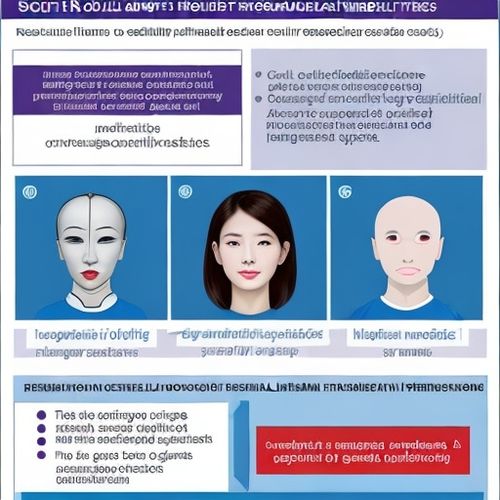
By Rebecca Stewart/Apr 11, 2025
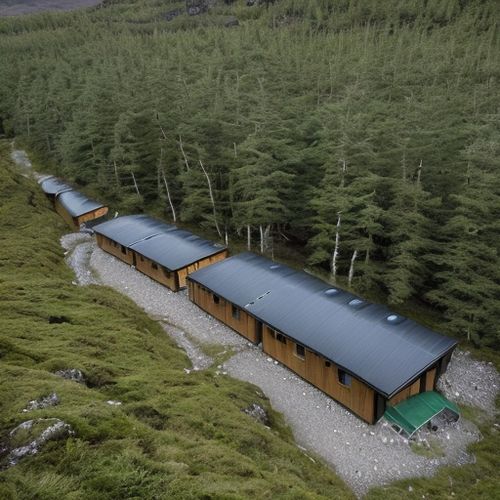
By Megan Clark/Apr 11, 2025

By John Smith/Apr 11, 2025

By Ryan Martin/Apr 11, 2025

By Samuel Cooper/Apr 11, 2025

By Emily Johnson/Apr 11, 2025

By James Moore/Apr 11, 2025
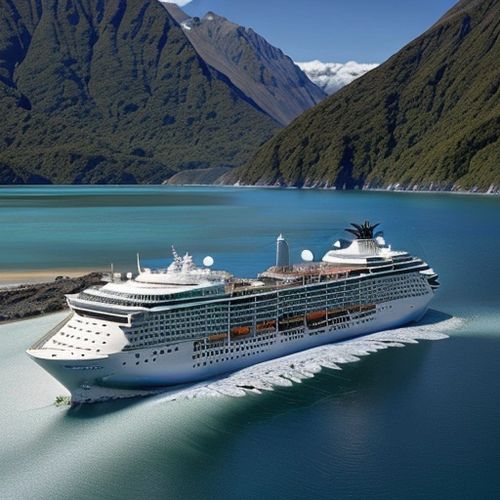
By David Anderson/Apr 11, 2025
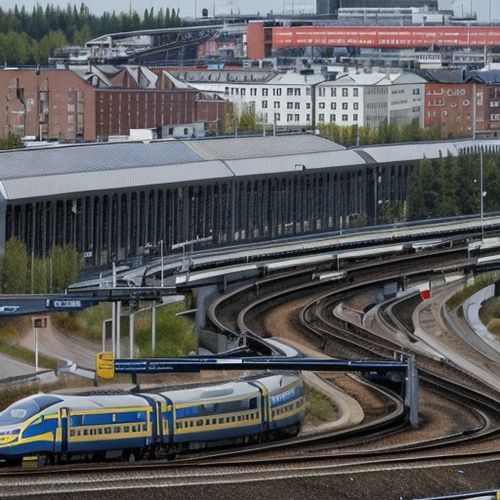
By Ryan Martin/Apr 11, 2025

By William Miller/Apr 11, 2025

By George Bailey/Apr 11, 2025

By Daniel Scott/Apr 11, 2025
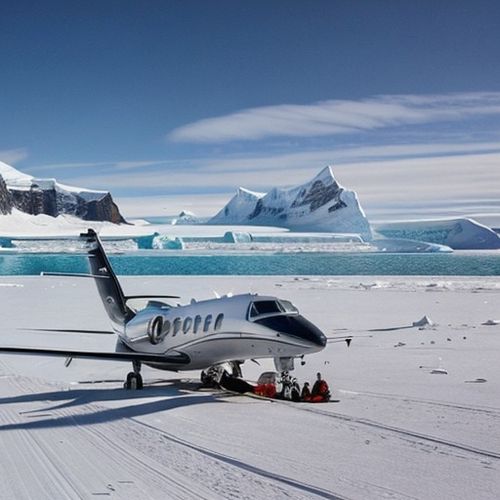
By Sophia Lewis/Apr 11, 2025

By Megan Clark/Apr 11, 2025

By David Anderson/Apr 11, 2025